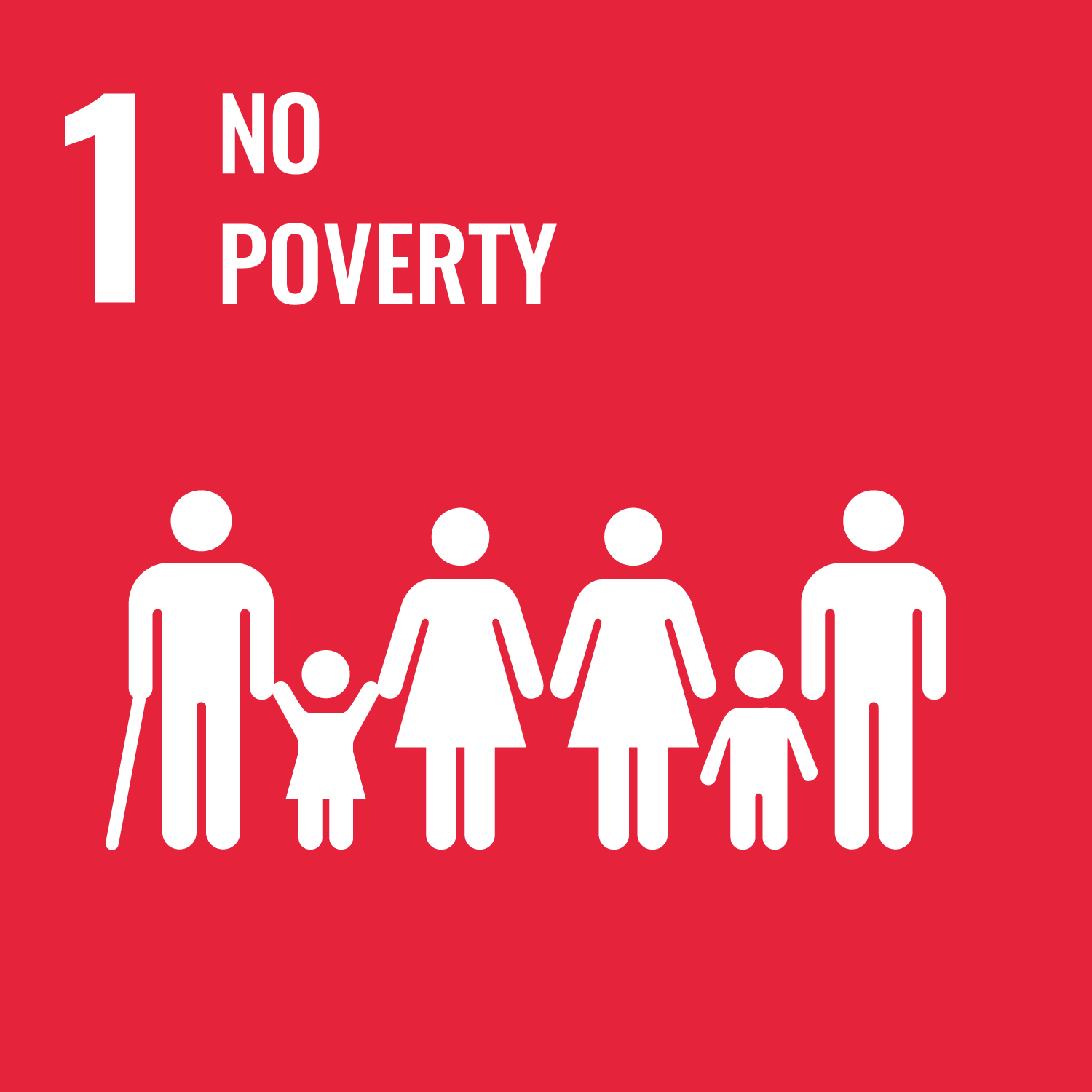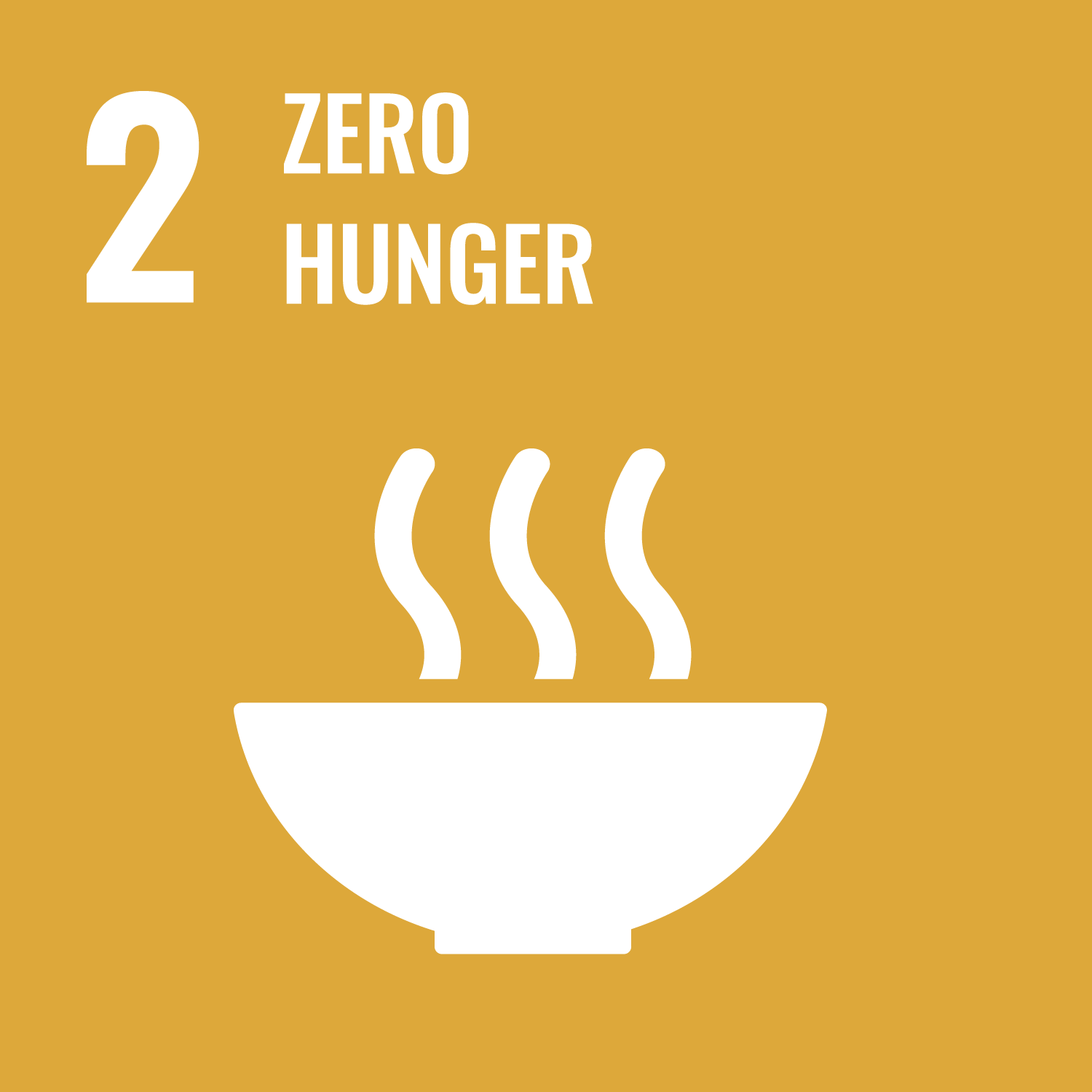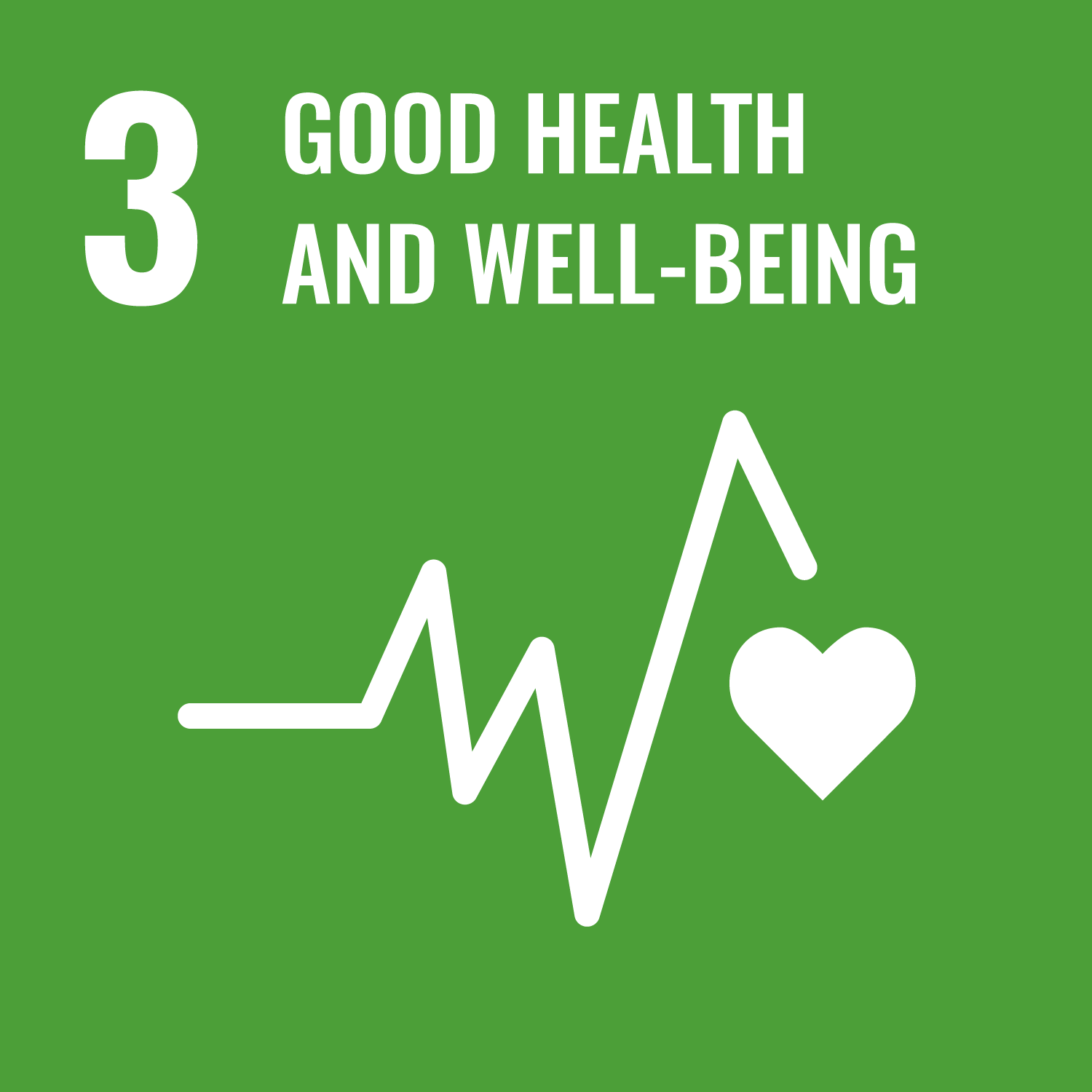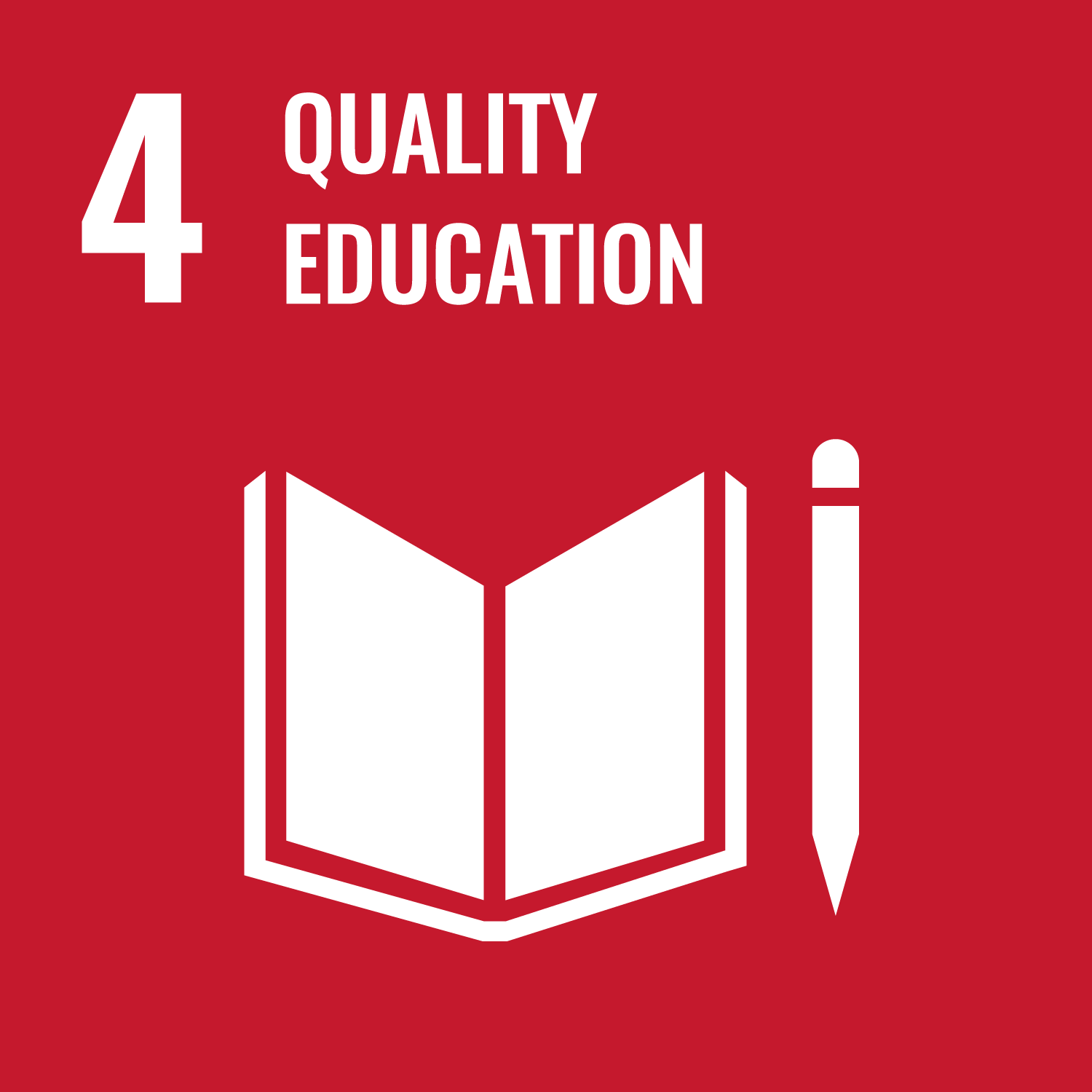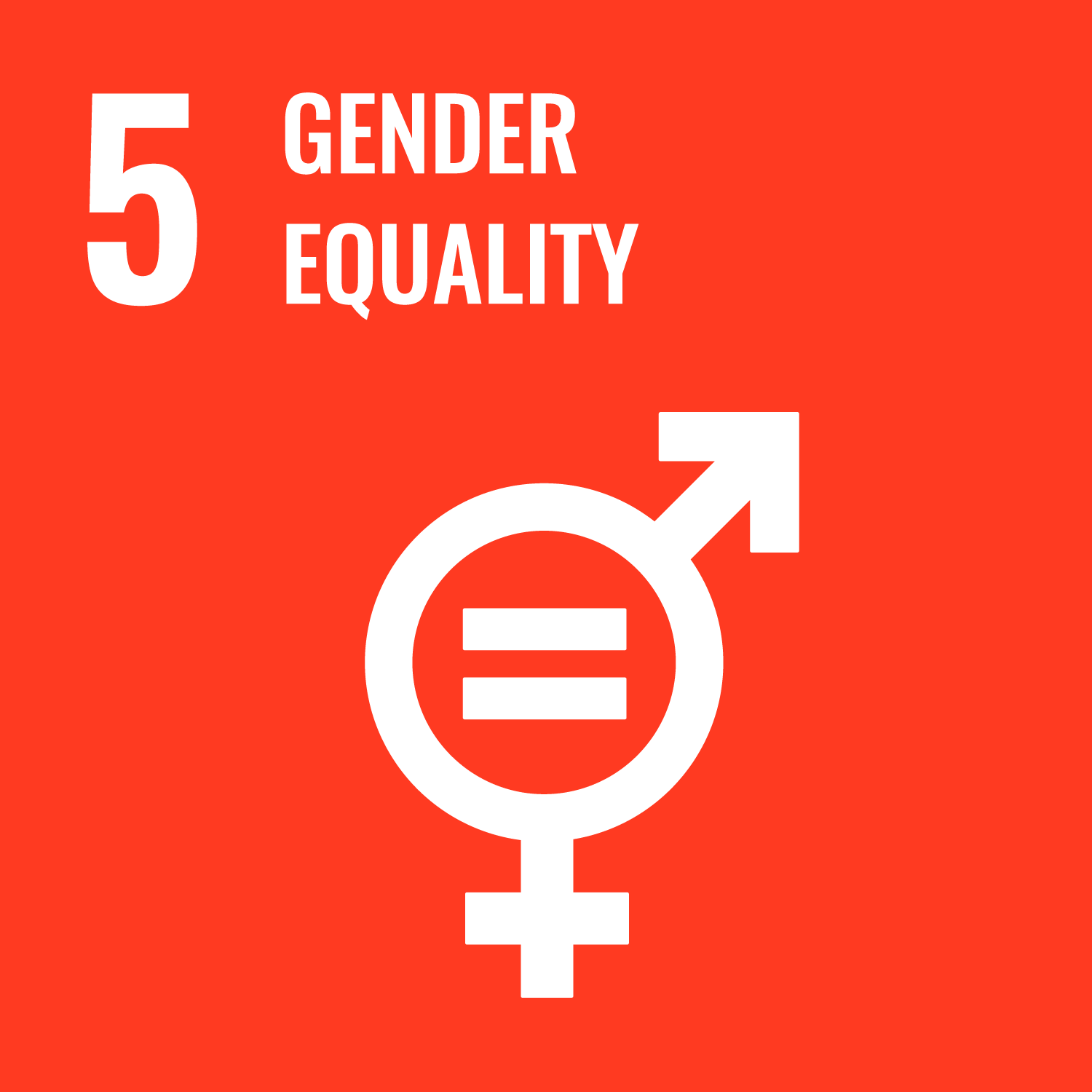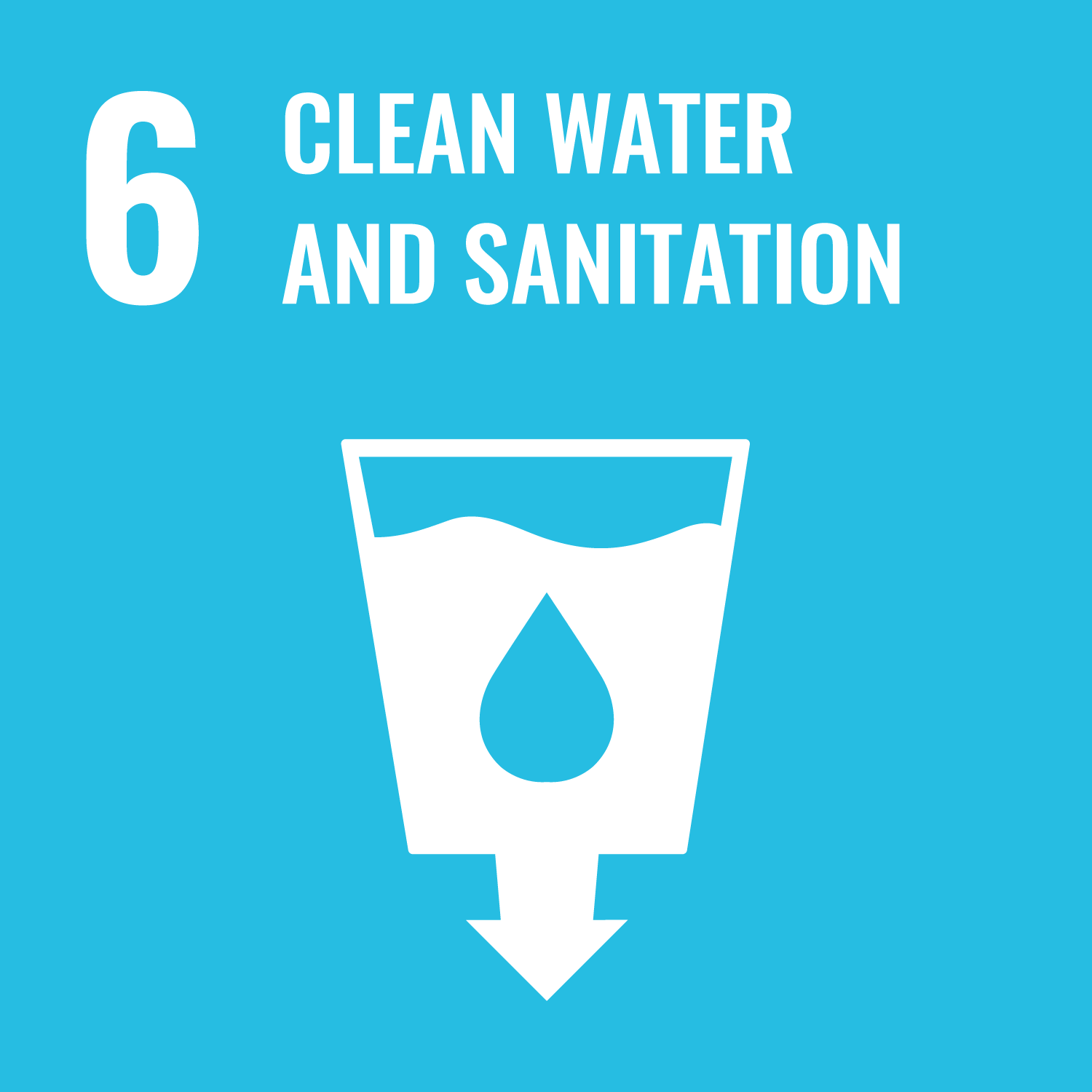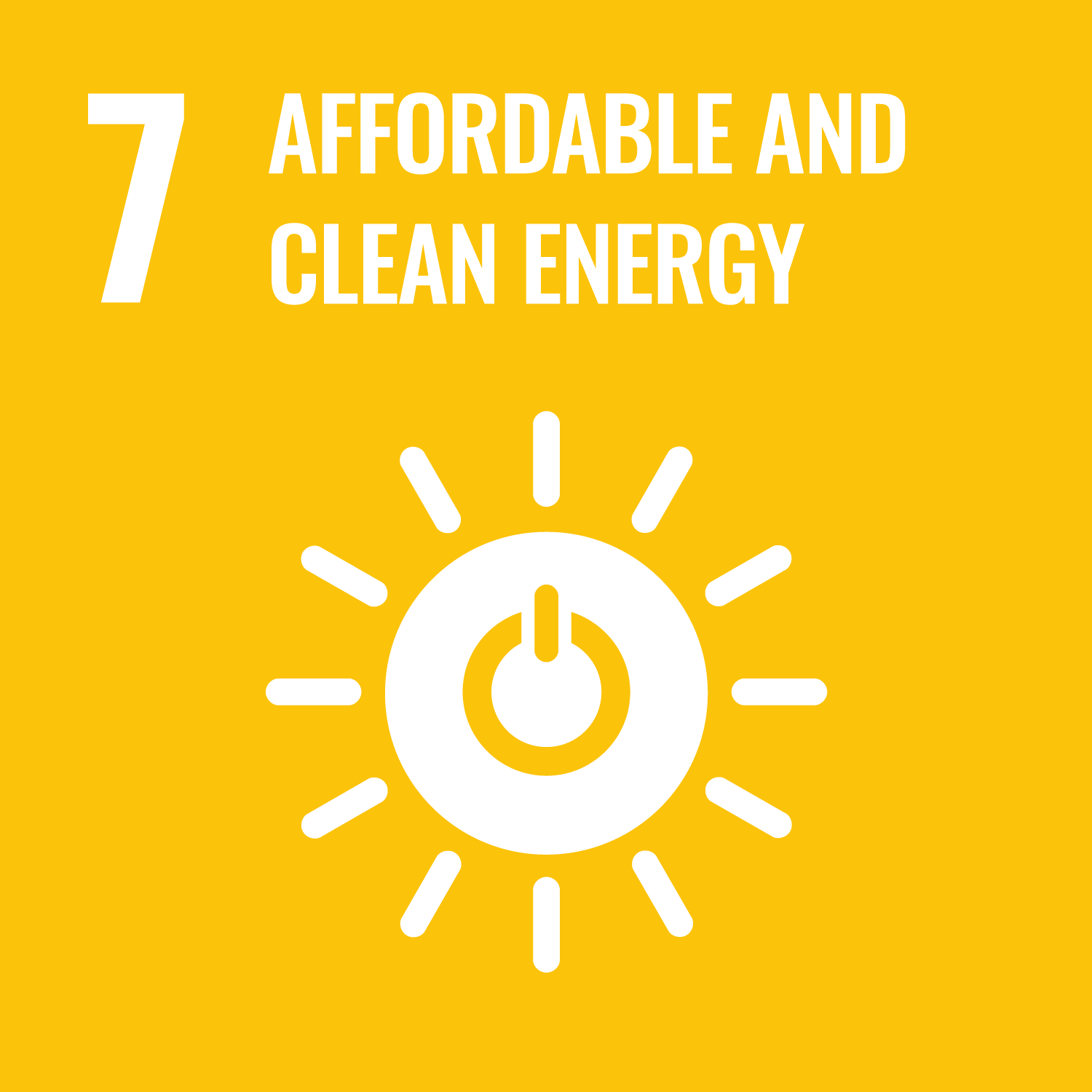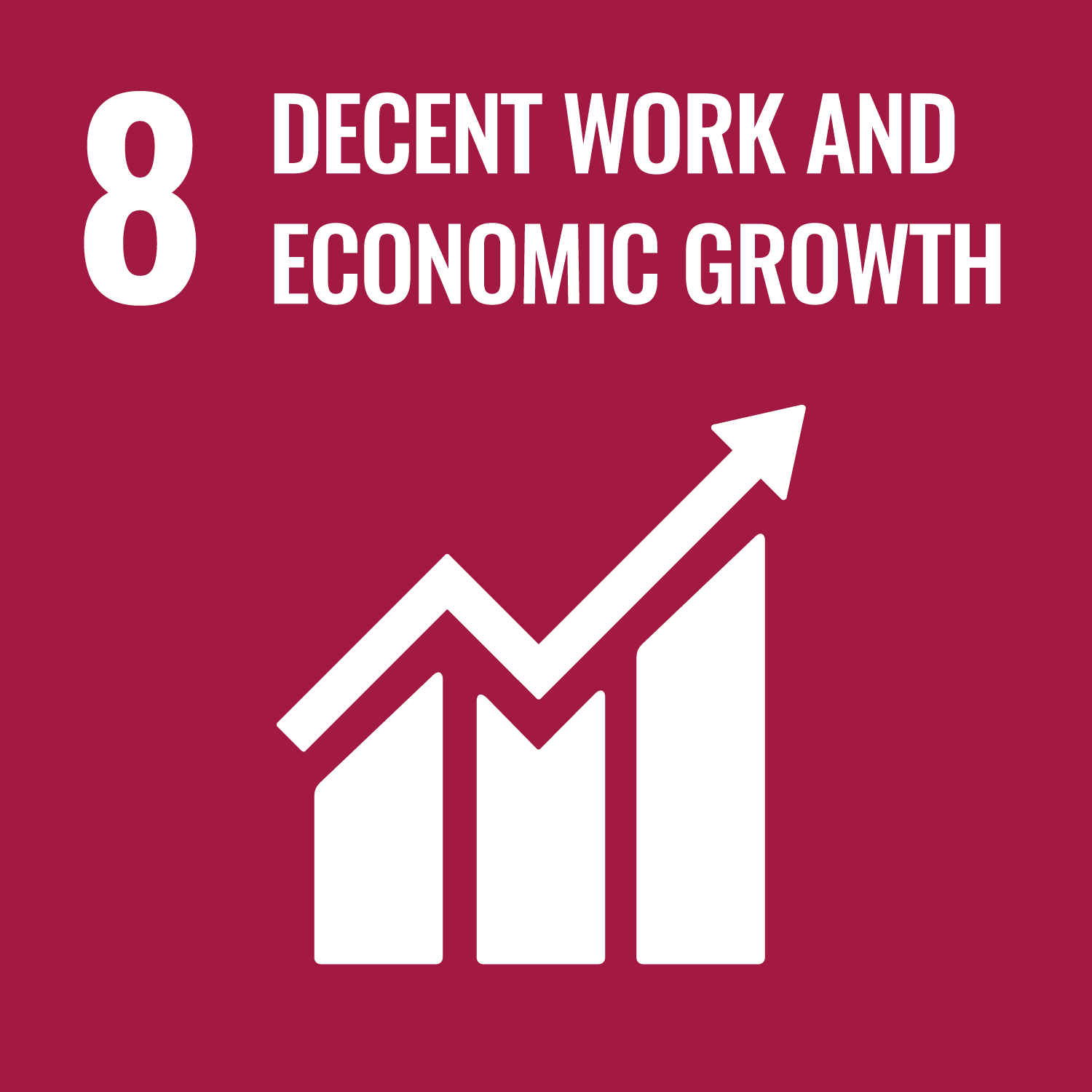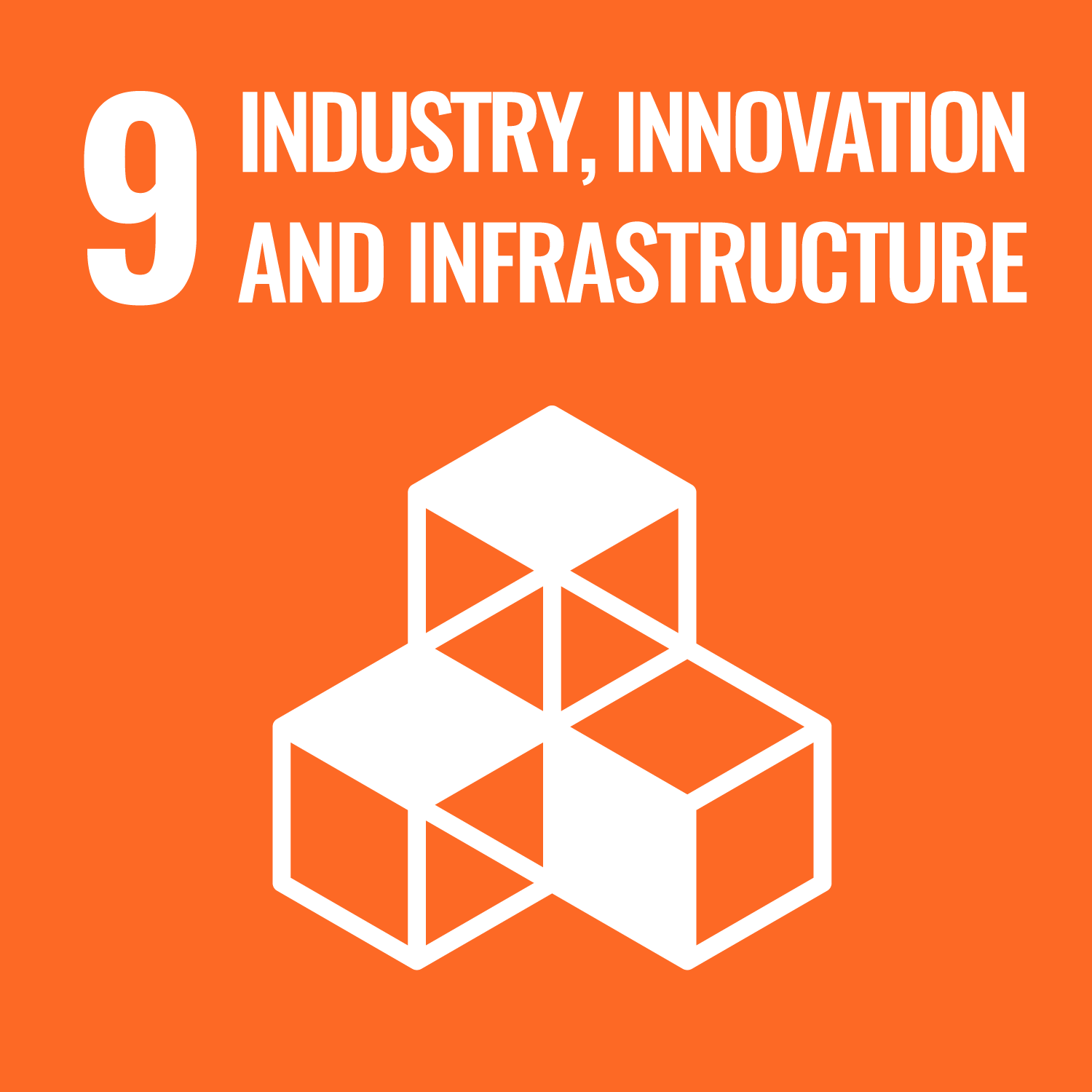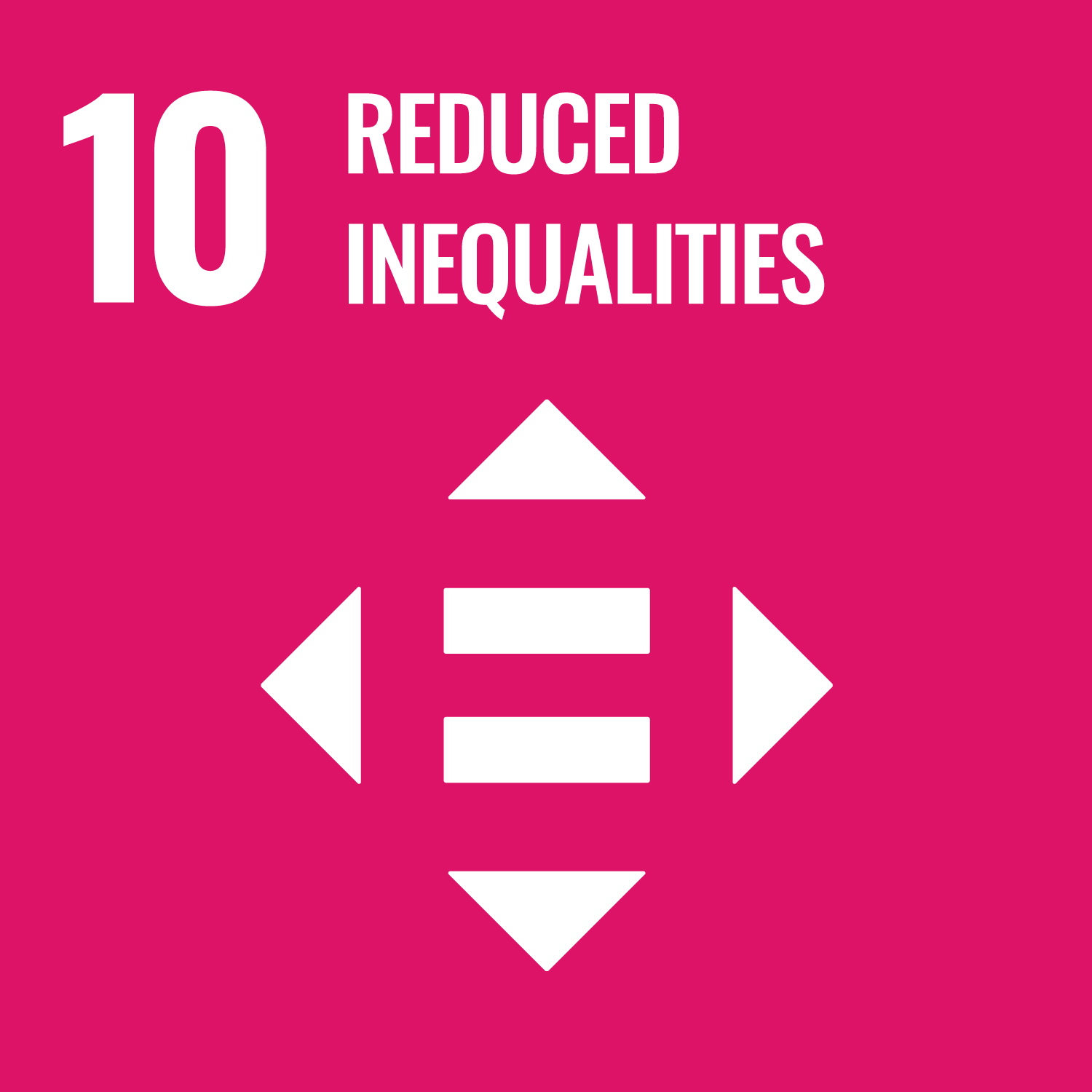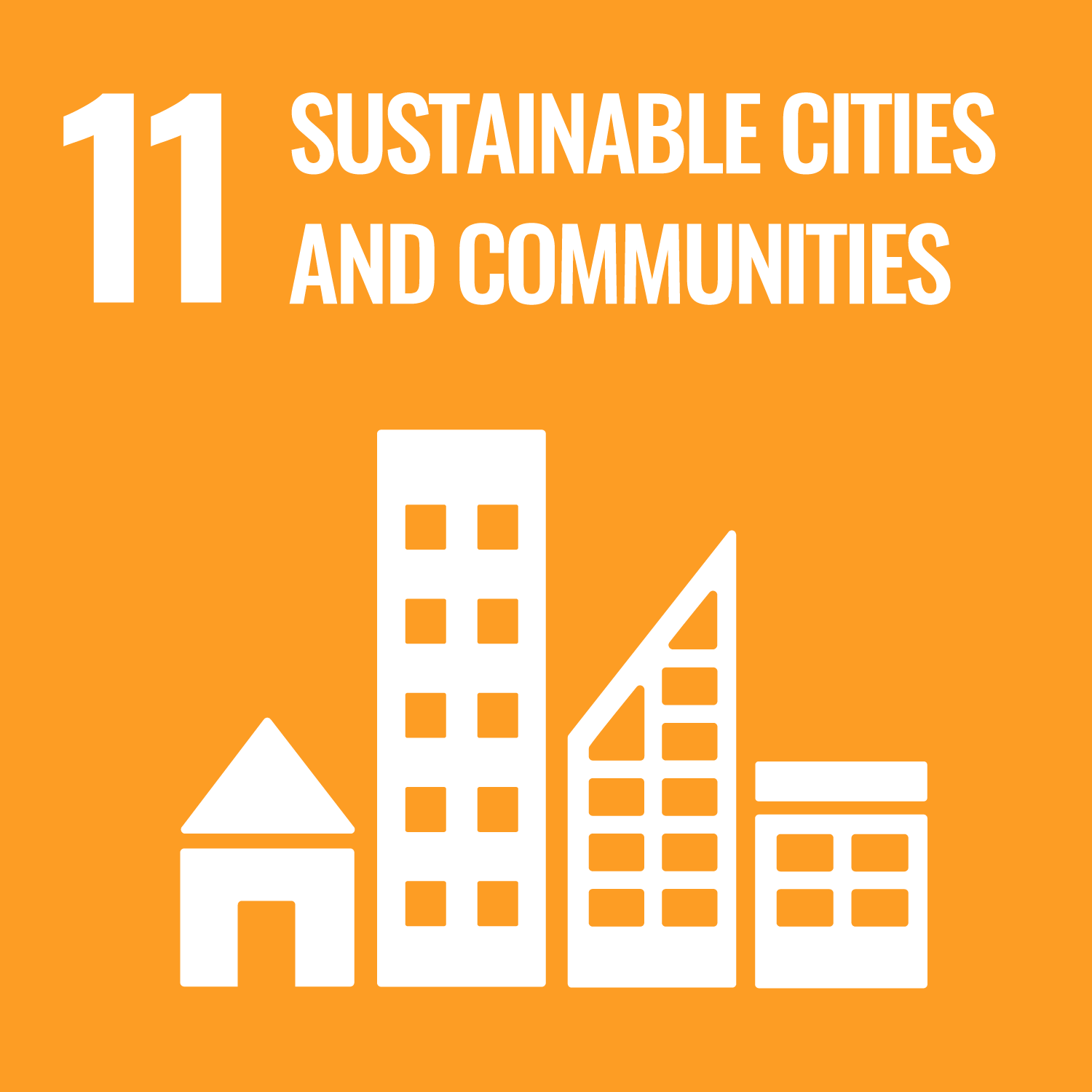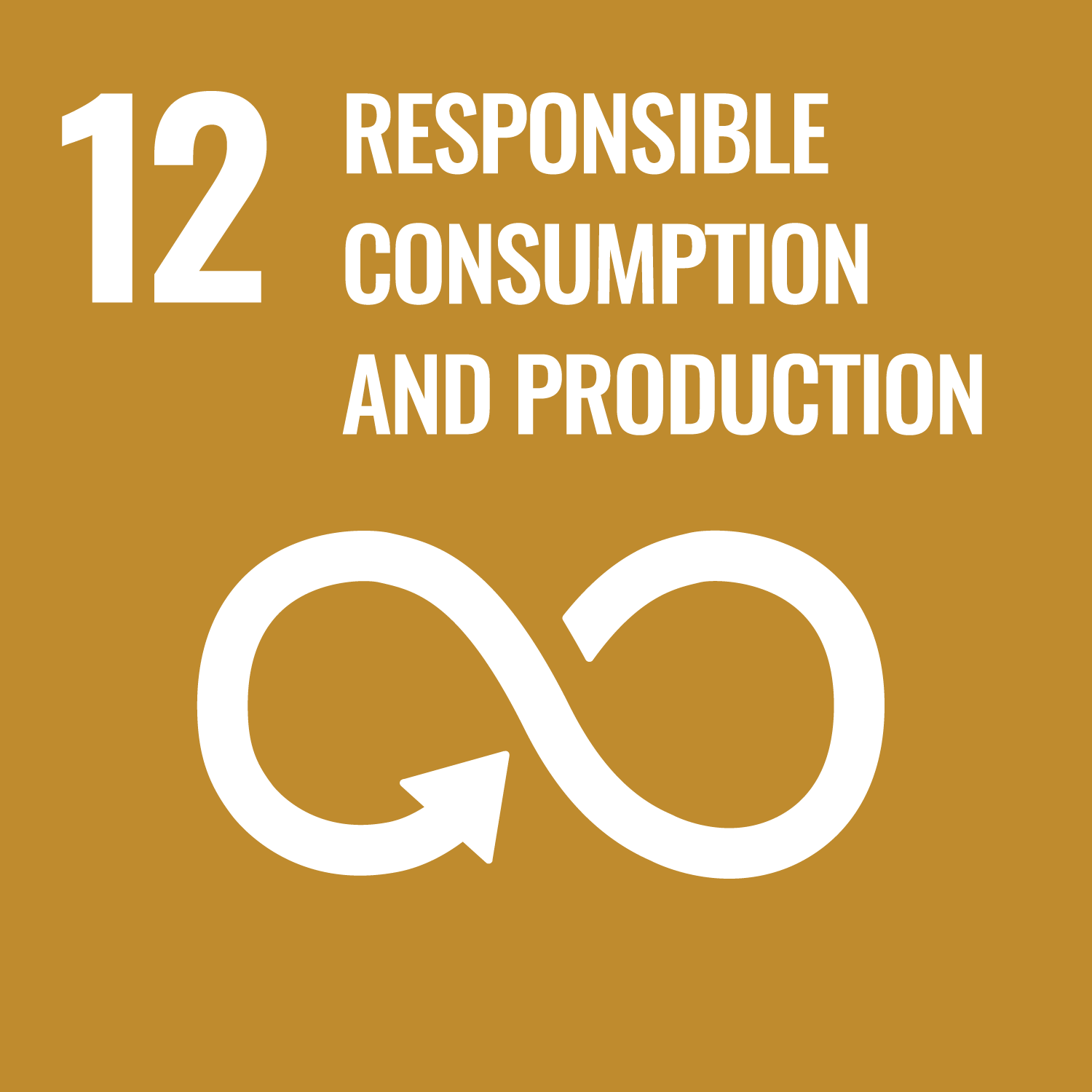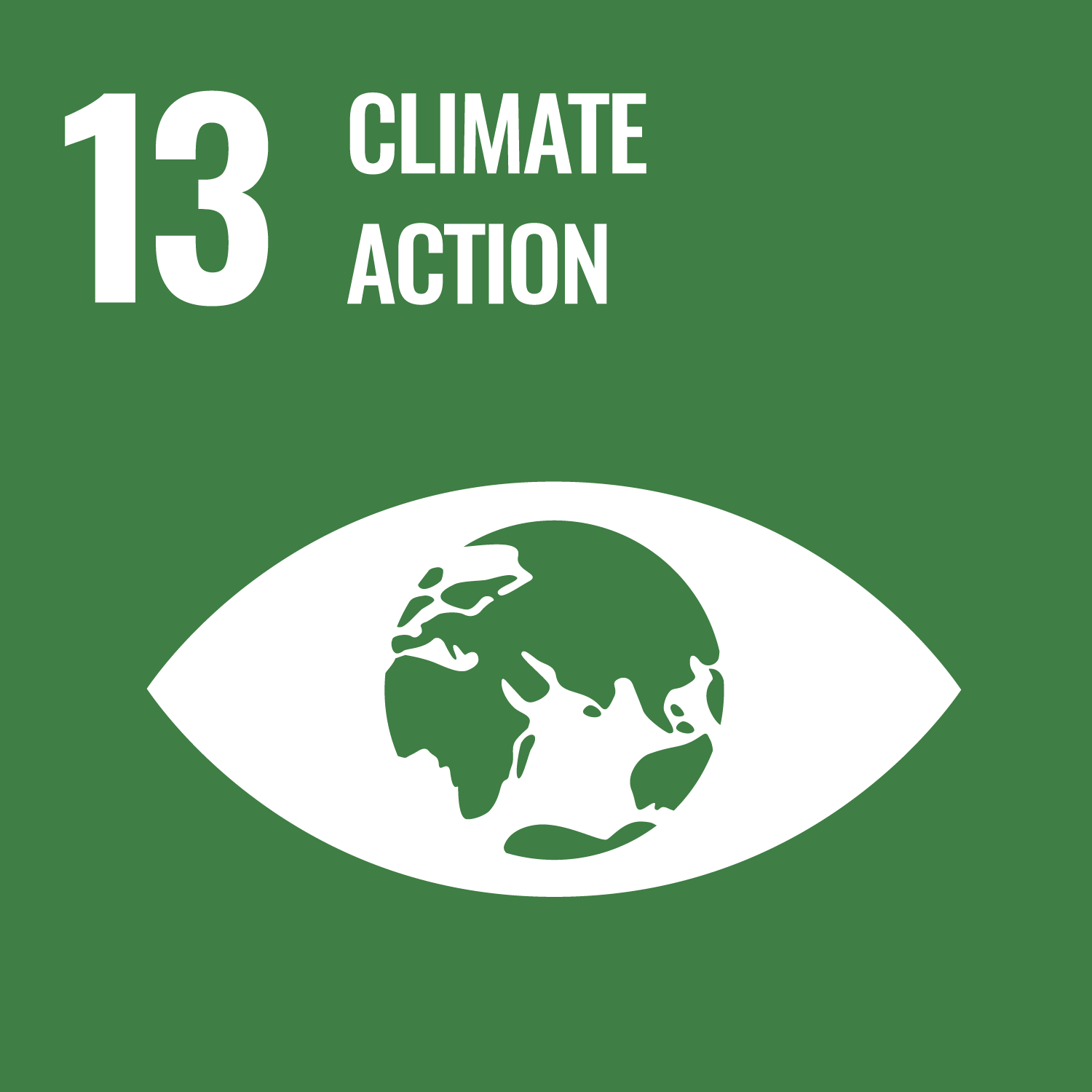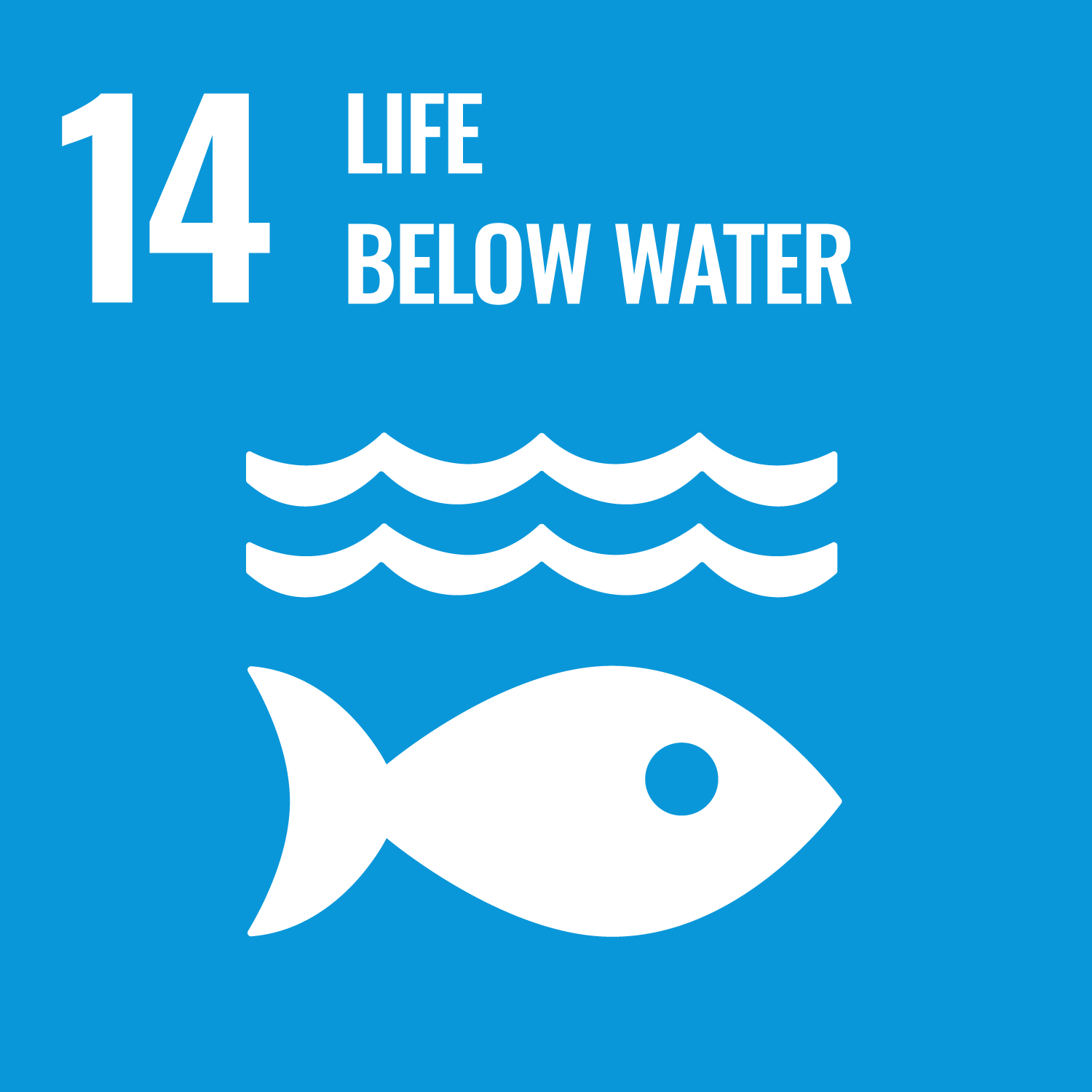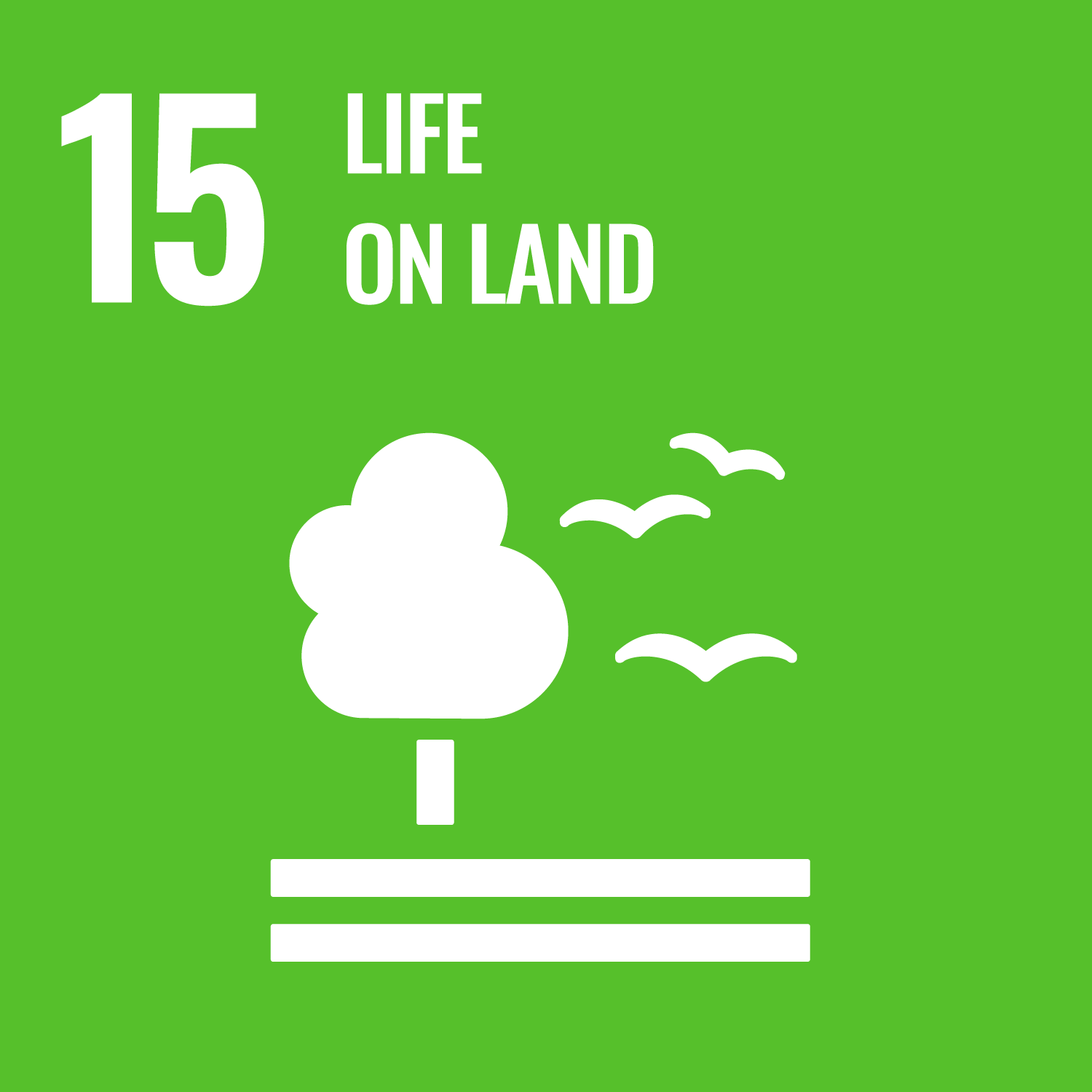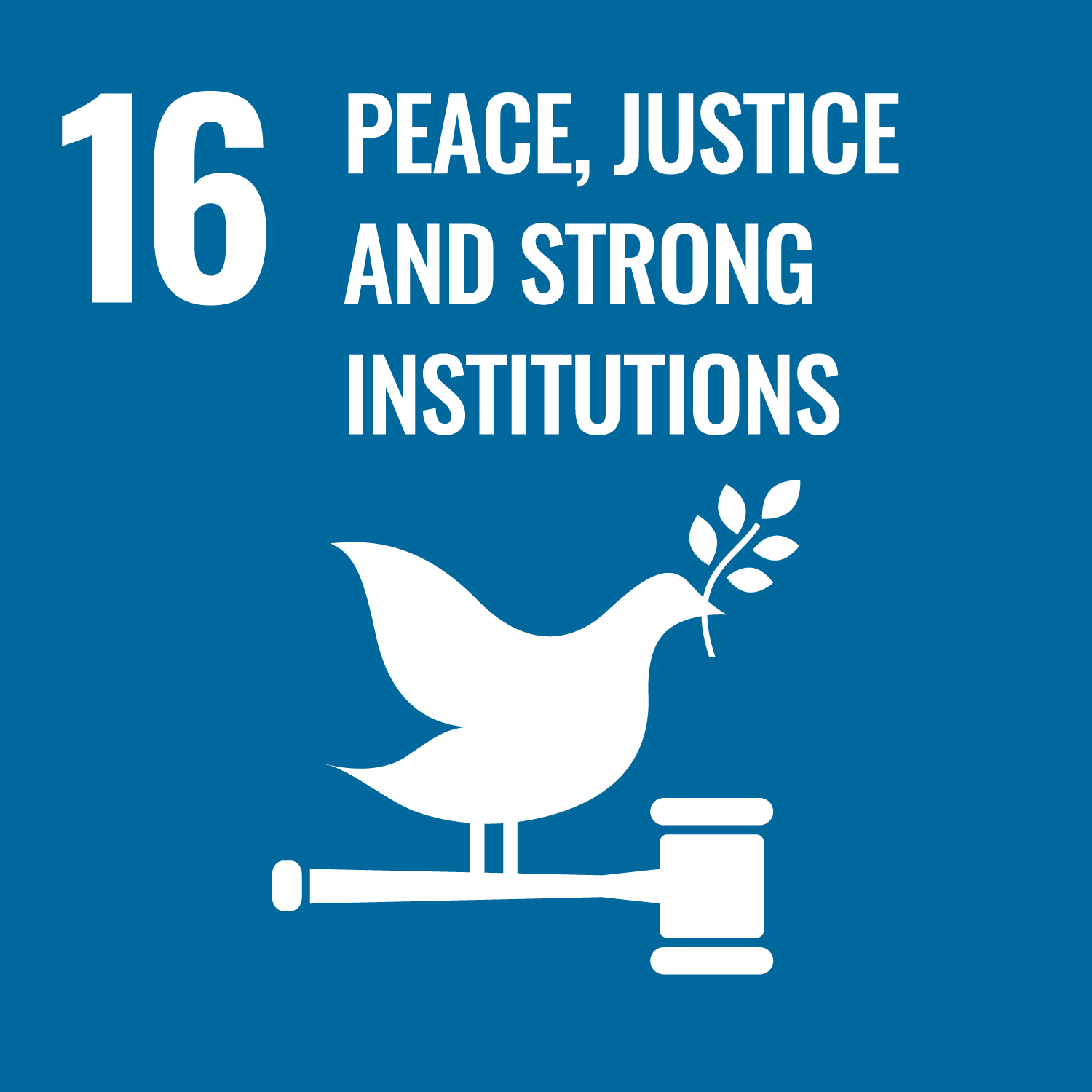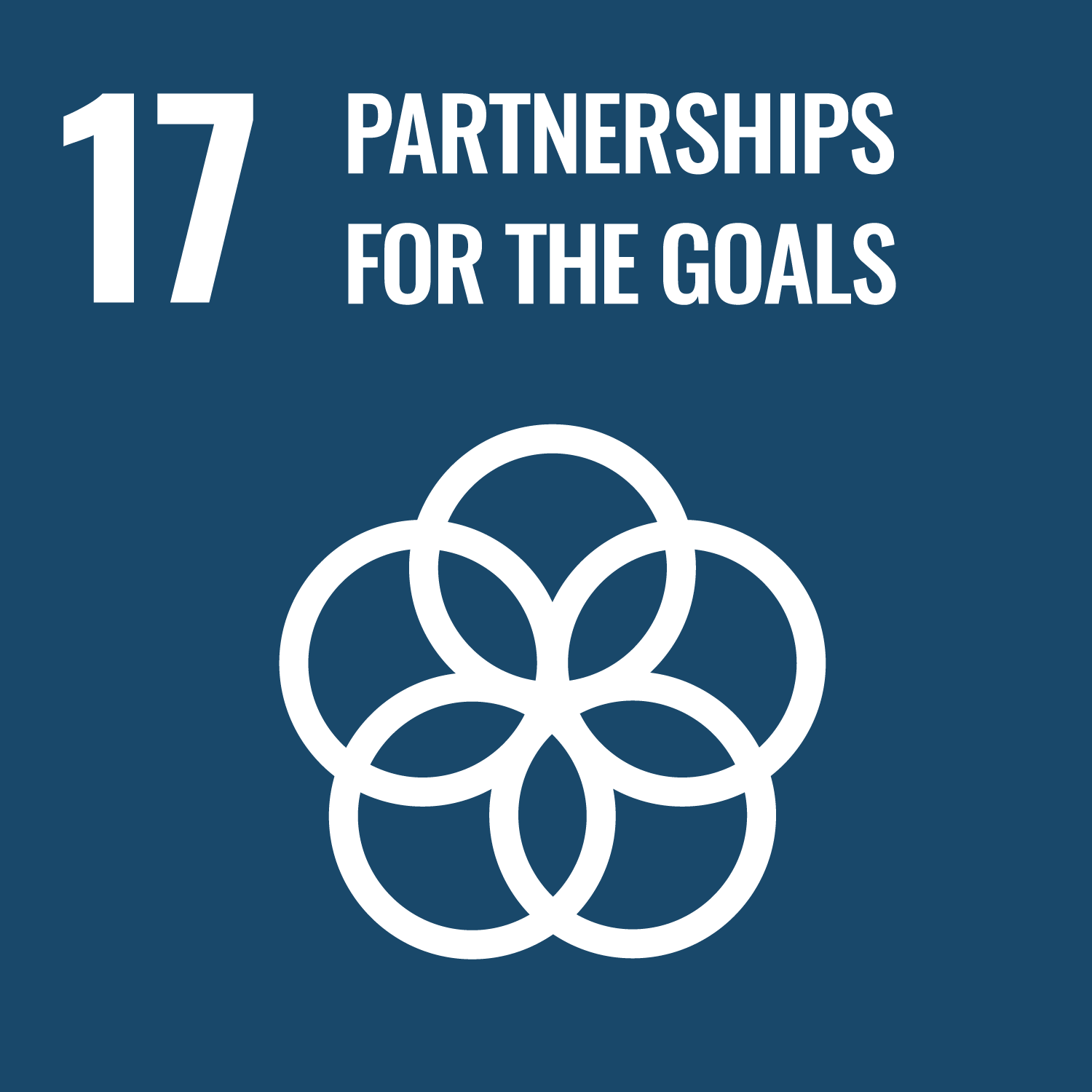Teaching at universities and high schools about the current state of food problems and hunger in the world, food security in Japan and the sustainability and usefulness of the fishing industry there, and building a sustainable society from the perspective of 'food'.
Faculty of Fisheries, Fisheries Economics, Laboratory of Fisheries Streamflow
Background and objectives of activities
With the food crisis looming on the horizon, the Cabinet Office has begun to seriously explore ways to increase food self-sufficiency. However, the land-based agriculture and livestock industry is difficult to solve fundamentally and is not sustainable. On the other hand, Japan has a vast 200 nautical miles and abundant fishery resources, and it is possible to overcome the food crisis by using these resources in a sustainable manner. Our objective is to communicate this fact to society with scientific evidence, change public awareness and policies, and build a sustainable society.
画像1.jpg)
Summary of Activities
Currently, more than 10% of the world's population is hungry, but the world's population is certain to increase further, and serious food shortages are inevitable if this trend continues. On the other hand, the international situation is becoming unstable, and it is becoming increasingly difficult for Japan to import food. Japan's food self-sufficiency rate is currently only about 10% on a lorry basis, taking into account fertilizer and seed imports. The agriculture and livestock industries are inherently destructive to the environment and will not be able to increase production or ensure sustainability in the future, while the fisheries industry is inherently environmentally friendly and can provide a large amount of food at low cost. The fisheries industry is vital to the food security of Japan as an island nation, and we are reviewing the fisheries industry and its survival strategies through lectures at four universities and visiting classes at high schools in and outside of the prefecture.
画像3.jpg)
Expected Benefits
To build a sustainable society in terms of "food" by changing the awareness of suppliers and consumers toward the fisheries industry from the viewpoint of food issues, to increase consumption of domestic marine products and to realize the survival of the fishing industry.
